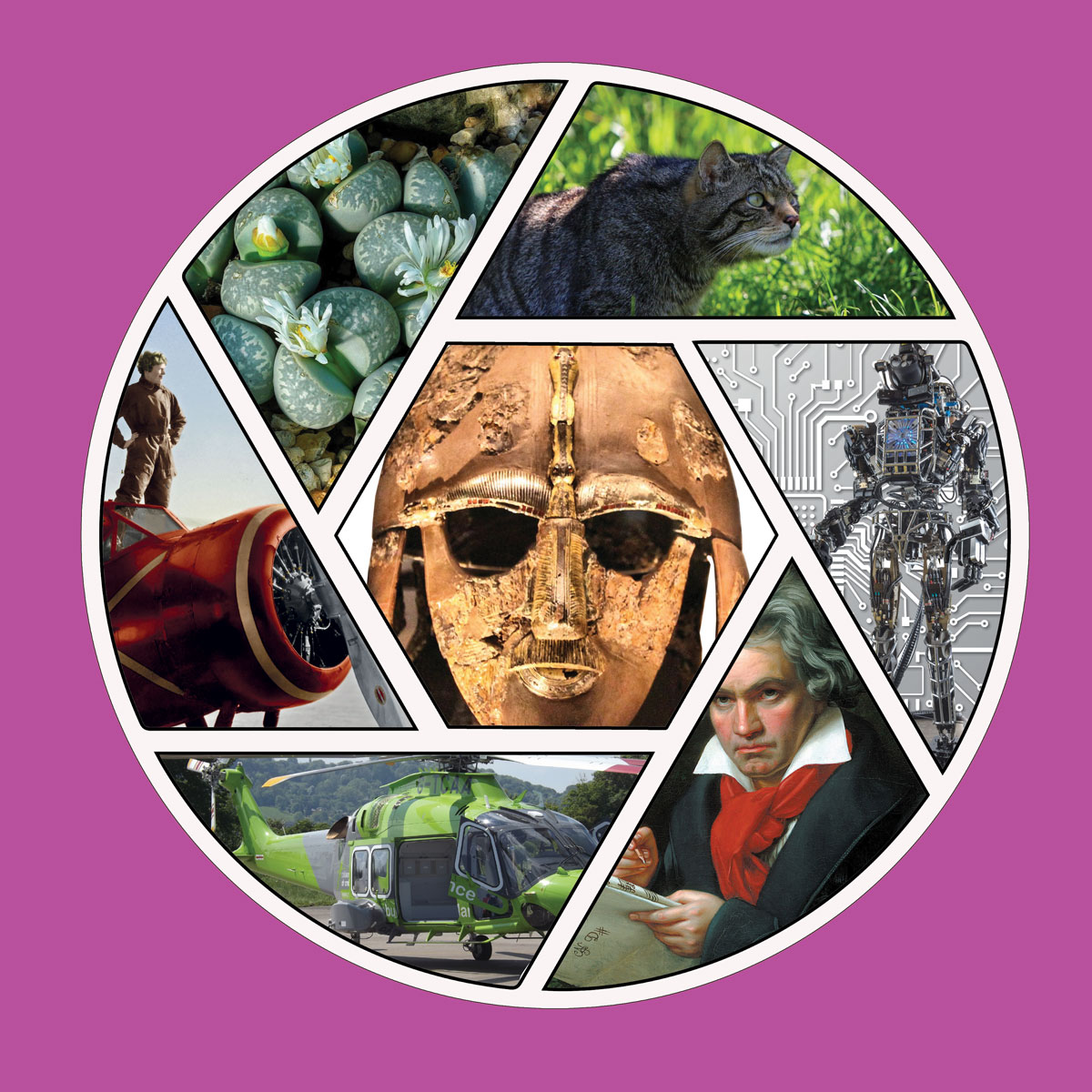We have a crisis

How can we help children distinguish fact-based information from conspiracy theory fiction?
During the heatwave which enveloped much of the country in July 2022, radio and TV channels were swamped by audience emails stating that there was no heat wave, we always get hot days in summer, global warming is a myth, and it is only killjoys who are trying to stop us having a BBQ in the fine summer weather.
Of course most were not broadcast, but it is likely that many children will have come across such statements. Just as they will on a multiplicity of other subjects from the idea that car seat belts do more harm than good to the notion that dinosaurs are a myth.
Which raises the question, how can we help children be able to distinguish factual information from fantasy?
Perhaps the most effective way of helping children both now, and in their future lives, is to give them the experience of reading high quality non-fiction, followed by discussions and the answering of questions based on the text.
Which is indeed why we have published, “Developing Reading Comprehension Skills Years 5-6: Non-fiction.”
It contains a series of high-quality non-fiction extracts on topics as diverse as (for example) the air ambulance, conversation, archaeology, space, classical music, pollution and so on.
But simply presenting them with interesting non-fiction isn’t, in itself, enough to ensure that children can understand the content and make use of it.
This is because non-fiction texts are structured differently from fiction. For starters, non-fiction articles often have headings, subheadings and captions, not to mention bullet point lists and graphs.
Therefore children need to be taught how to analyse and retrieve information from non-fiction texts. The carefully written questions that accompany each extract enable them to do so.
From these articles and the questions and discussion points that follow, the children come to understand that through reading they are able to discover a lot about our world, and that information on all topics is available, if they choose to look for it.
And perhaps most importantly, they become able to distinguish between statements of fact and opinion, and realise that not everything they hear is true.
We love to hear from our customers. If you have any comments or queries about any of our products, please get in touch. Our contact form is here.
If you would like to receive more information from us, please tell us what interests you by clicking this link so that we can tailor the emails you receive – http://eepurl.com/gKMnqf.
